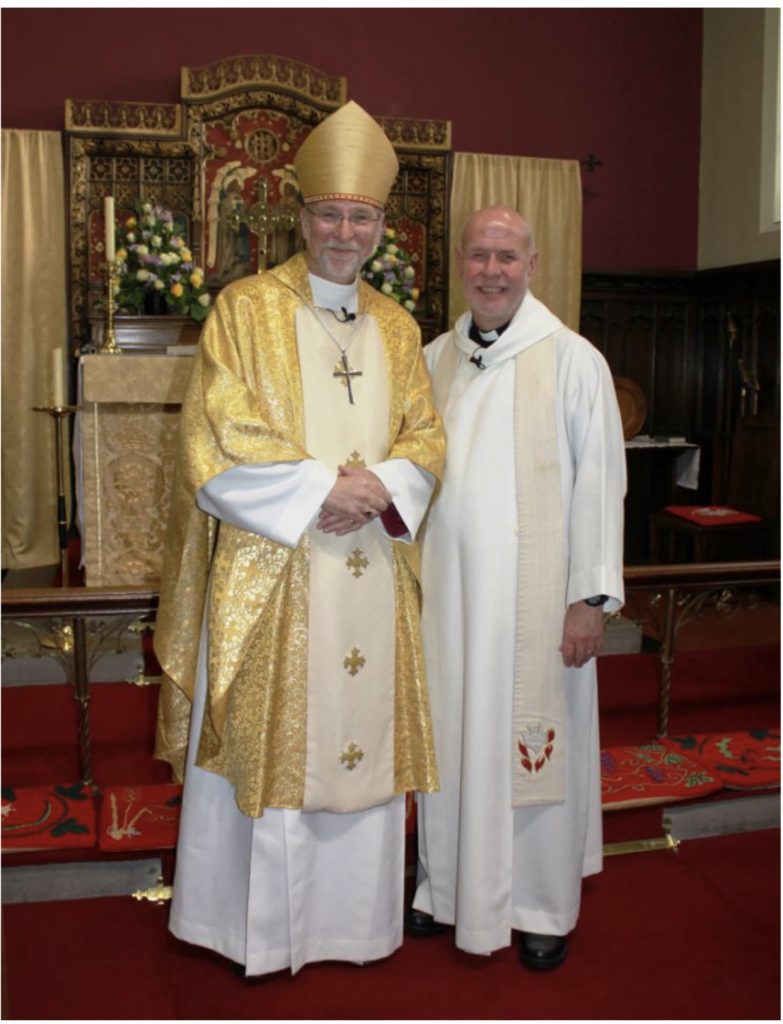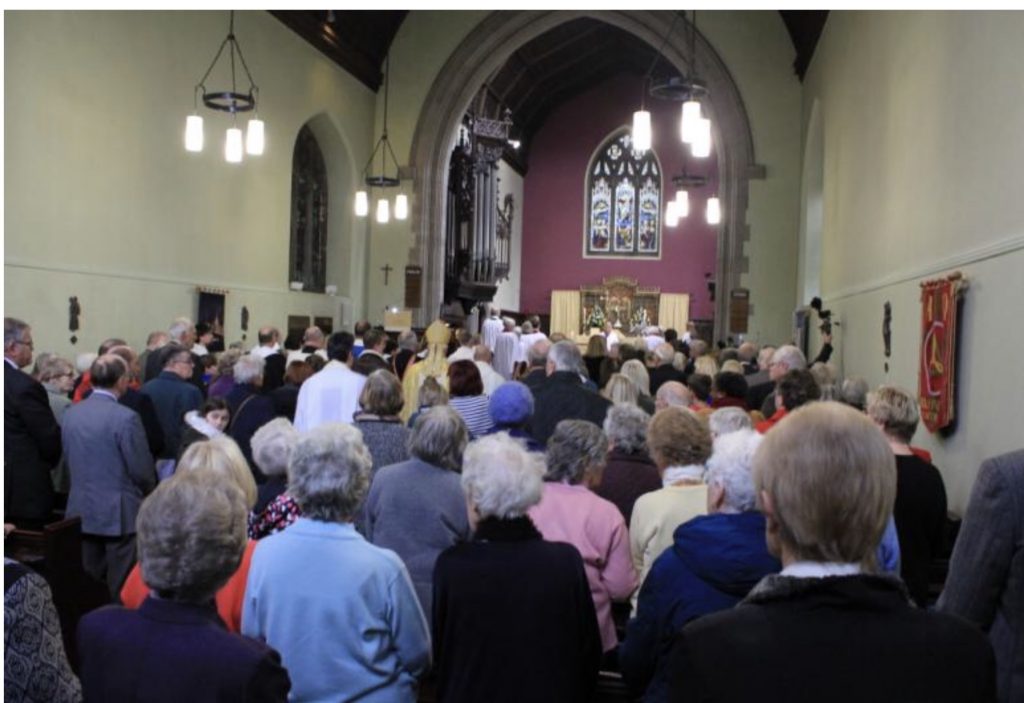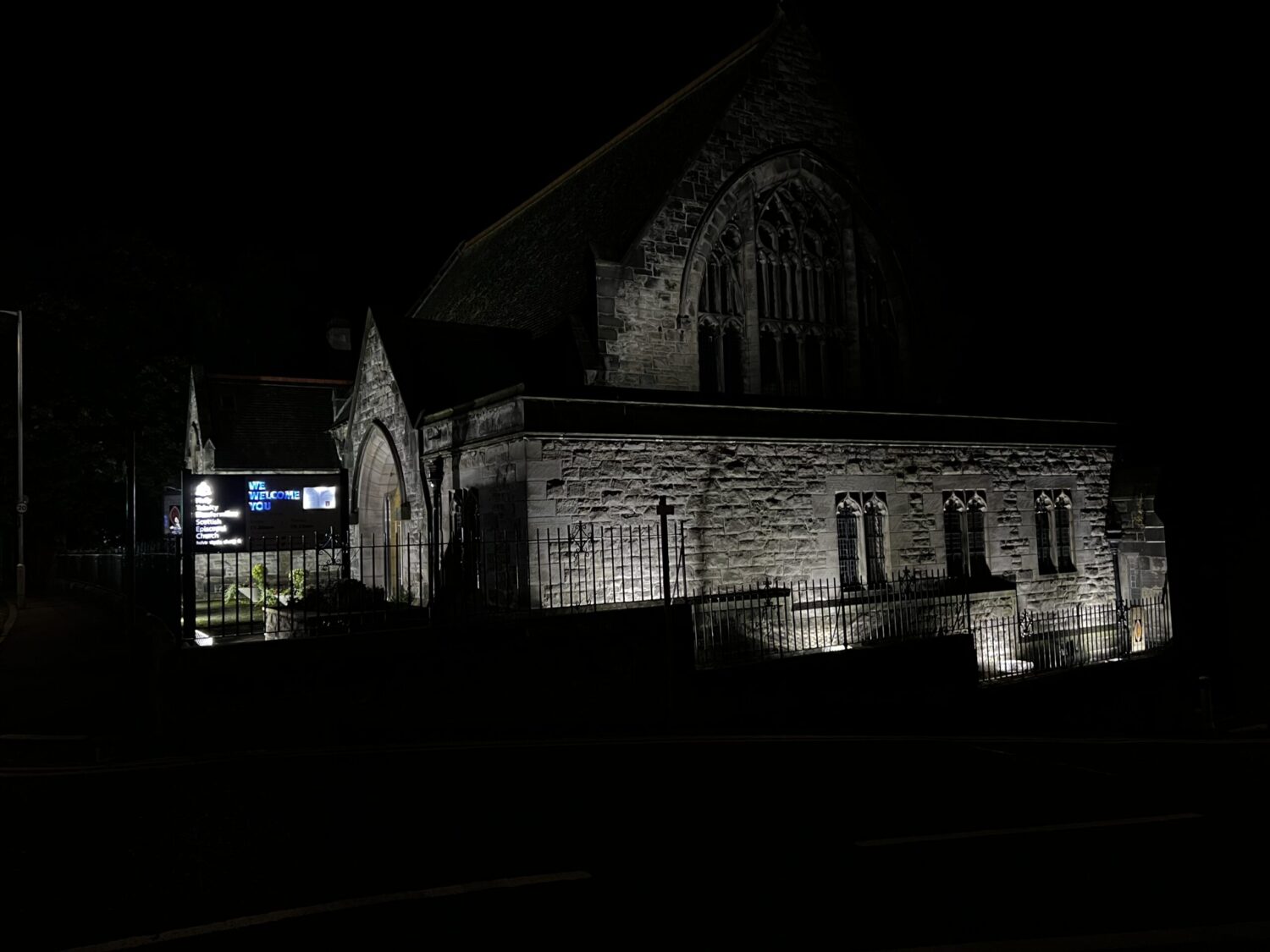We were lucky to have our new Bishop Ian Paton visit our church only two weeks into the job. One of his first jobs was to institute Kenny as our rector, here is his sermon from that day.
Who is greater, the one who sits at the table or the one who serves? Is it not the one at the table? But I am among you as one who serves.
Jesus says that he has come among us as one who serves. When they heard this, it must have shocked the disciples, just as Jesus washing their feet so shocked Peter that he tries to stop Jesus from serving him in this way. We are so used to this idea of Jesus being a servant that maybe we do not feel this degree of shock. But, everyday as disciples, we have to remember that this is what Jesus is asking of us – he asks us to let him serve us. Because it is when we let Jesus be our servant – that we can fain strength to be the servant of others in our turn.
But perhaps we think that if Jesus is our servant he will do just what we want of him, like the butler in ‘Downton Abbey.’ Sometimes we try to use God for our own purposes. All through human history, human beings have tried to use God to prove themselves right – to bless their causes; to bless their persecutions ; to prop up their pride.
But this is not the way in which God in Jesus serves us. God does not do what we want, God gives us what we need, and perhaps this is why we are shocked by the idea of God being our servant. Perhaps we don’t want to recognise what it is that we need – we would much prefer God to do what we want. But God says ‘No, I will do what you need.’
This means that when we try to serve in the name of Jesus we have to be able to see what the real questions and the real needs are. Very often we have seen the Church answering questions people are not asking, needs people are not expressing, and obsessing over things others don’t think that important.

Like the Kings that Jesus mentions in the Gospel, the church has been used to lording it over the world, expecting it to listen to our moral message. But now it is time for the Church to listen to people, not to talk at them, a time to hear what others are saying to us. This will be risky and will make us vulnerable and open to criticism. But service in the name of Jesus is always to take risks. To be a disciple of Jesus Christ is never to be safe – it is to be loved, and called to love – which is much more important than being safe.
Part of the Church’s service to others has always been speaking truth to power, standing for justice, reminding the wealthy and the powerful of the needs of those who have nothing. But the Church itself also has power, and it cannot speak truth to power until it has heard truth spoken to its own power, and abuse of that power, in history but also today.
Terrible stories of abuse and betrayal of trust are now being told by people who need great courage to disclose them. They are very hard to hear, but they call for real attention because they have led some to see the Church not only as an irrelevance in the modern world but as an obstacle to good.
So now we must listen, and be ready for the change that will help us to meet the needs we are encountering with the good news of Jesus. And we can do this more and more in cooperation with others beyond the Church, working to meet those needs. Again and again, we have seen how small churches working with others can see a need and respond to it: the needs of local communities, of struggling people, of the environment and the future of the earth. The hard times we are living through mean these needs will grow and grow, and so must our willingness to listen and join with others in service.
Vestries often look for a new rector who is energetic for change. This makes some people anxious, because change is difficult. Kenny is a priest with energy, ideas and commitment, and he will bring change to Holy Trinity and S. Margaret’s, just as Holy Trinity and S. Margaret’s will change Kenny and Ruth. But the kind of change that matters is not about service times and fundraising, meetings and earnest, anxious mission planning. No, the kind of change that matters is the change brought about by Love.

One week ago today, eleven people at the Tree of Life synagogue in Pittsburgh were murdered by one person who hates Jews. These anti- semitic murders shocked the world, because killing, hating, dismissing, speaking ill of, people whose religion or culture or race or sex or way of life is different from our own, is evil and leads only to evil. However, this week we also saw the response of members of the Pittsburgh Jewish community towards the murderer, Robert Bowers. It was Dr Jeff Cohen, a member of that synagogue and the doctor on duty in the emergency hospital that day, who saved Bowers’ life, assisted by a team of doctors and nurses, many of them also Jews. He said that they were simply acting according to their beliefs – they were not there to judge him, but to save a confused scared human being who had done a terrible thing. That’s Love in action, the Love of God made real.
The priest’s task again and again is to bring us face to face with that Love – absolving, healing, nourishing, blessing, Love. The priest confronts us with that Love, shows us again and again that we are Loved and can love others in their needs. Because the greatest need of every human being is Love – to be loved and to love.
Kenny, your service to your people is to help them to know that Love. And, people of Holy Trinity and S. Margaret’s, your service is to act on it.

